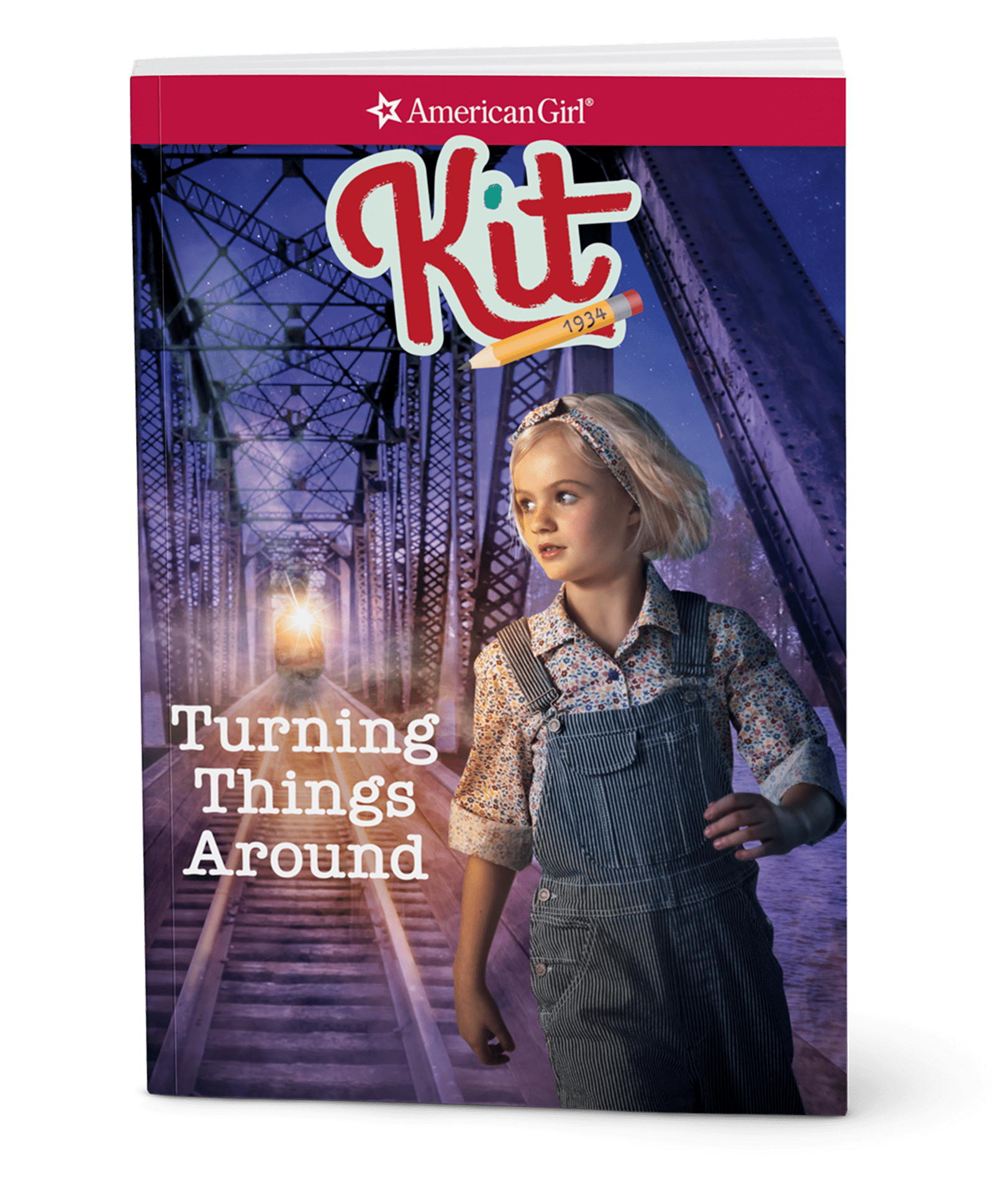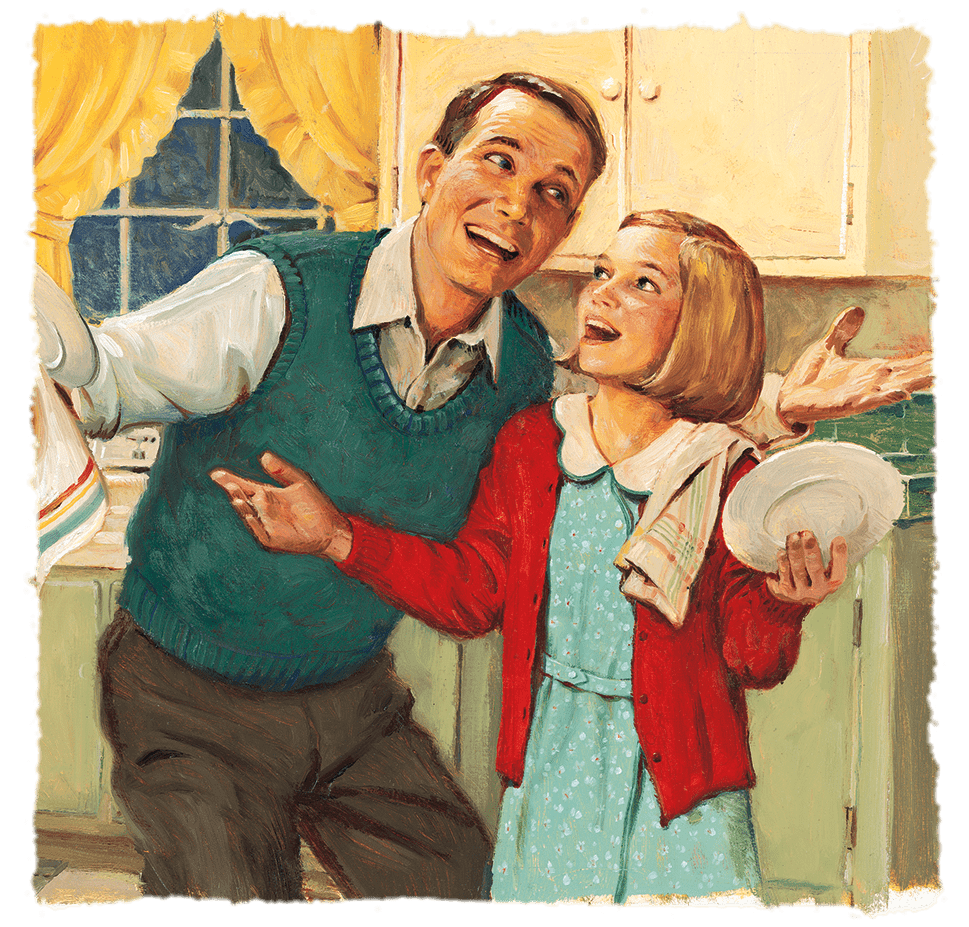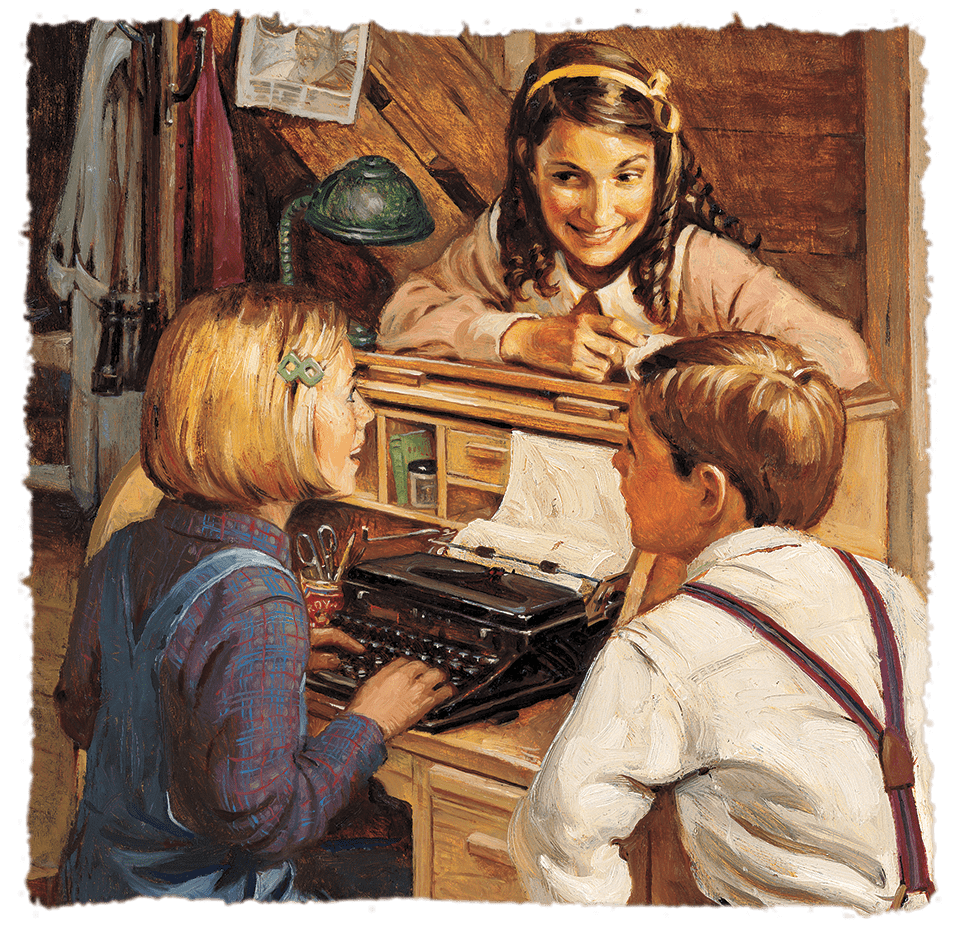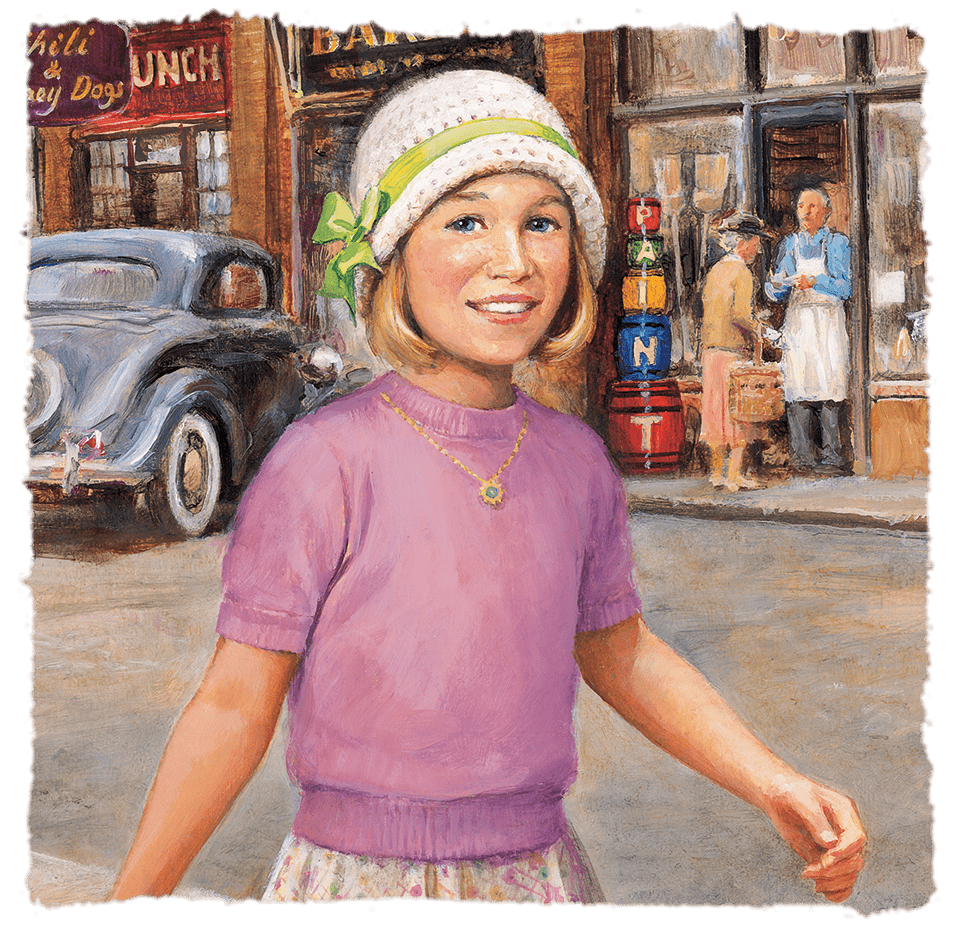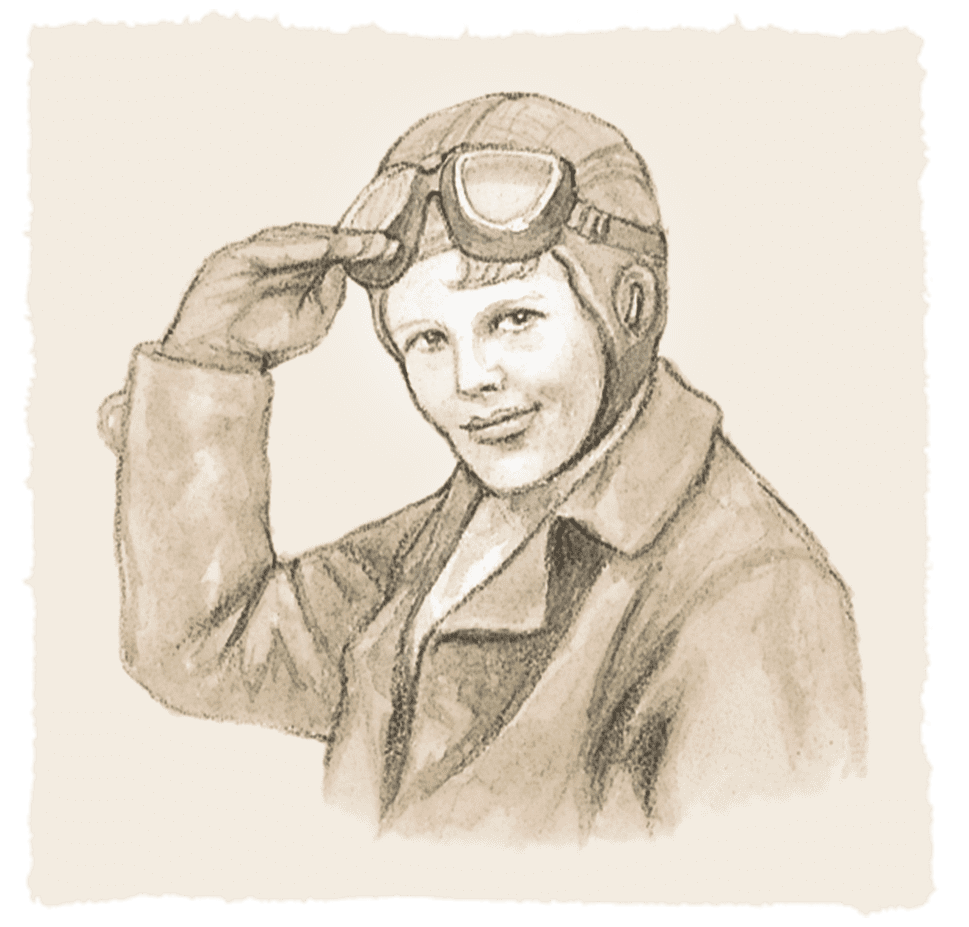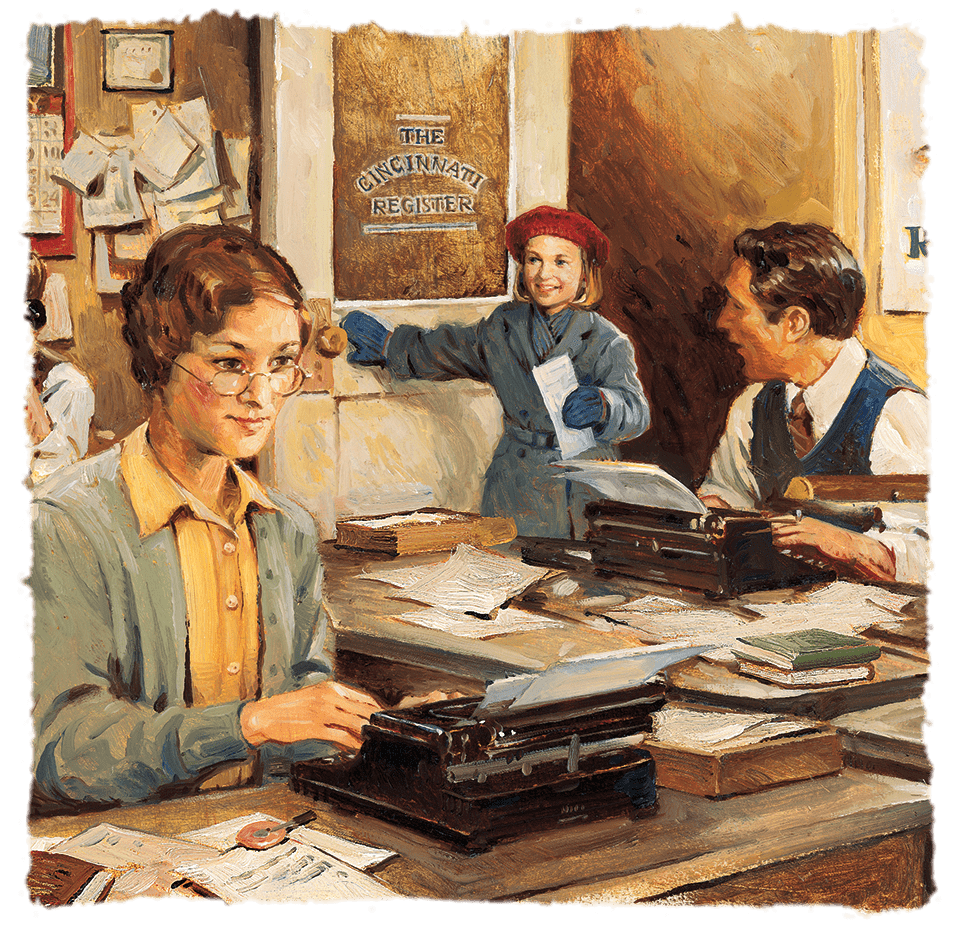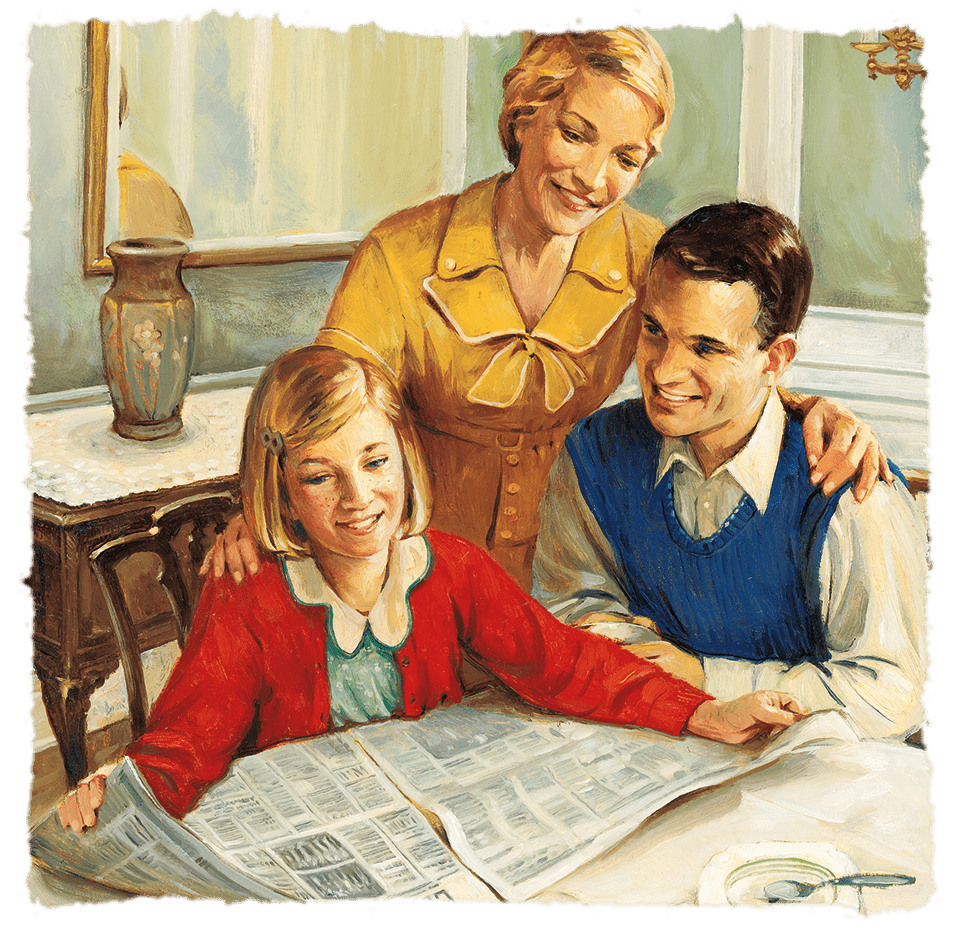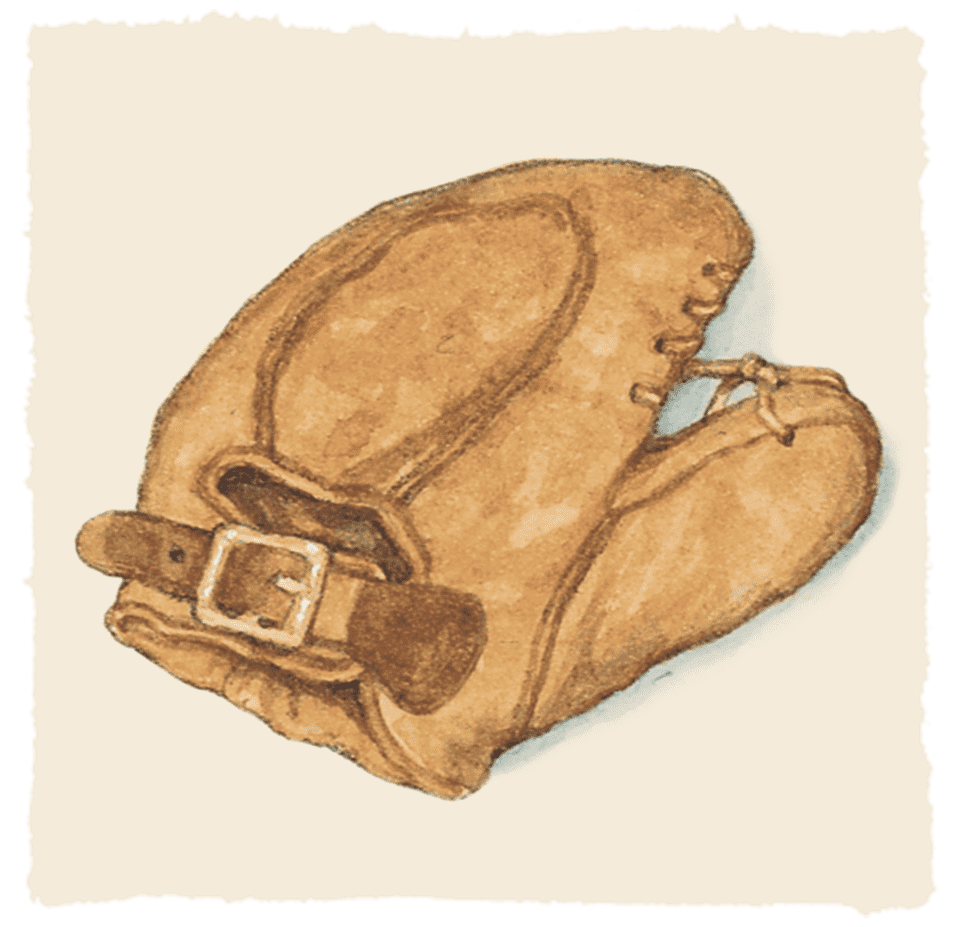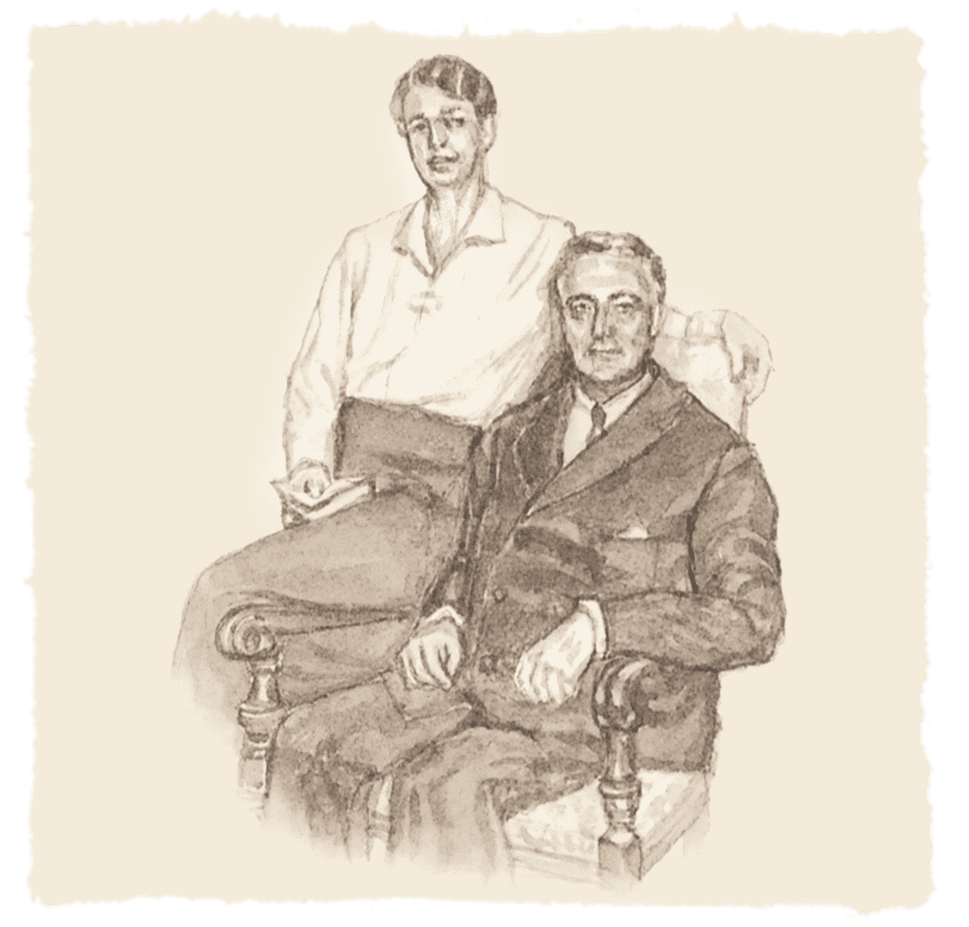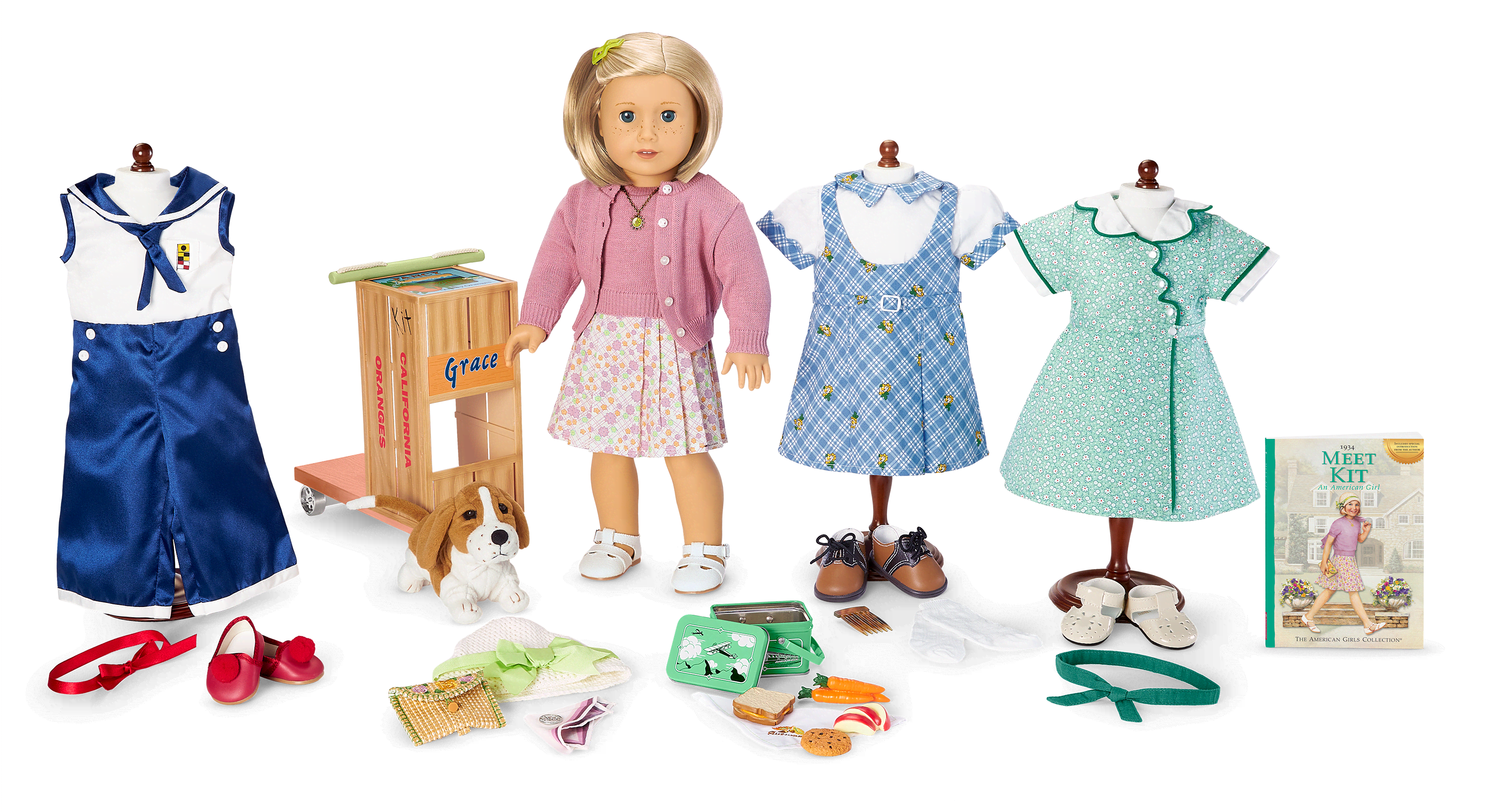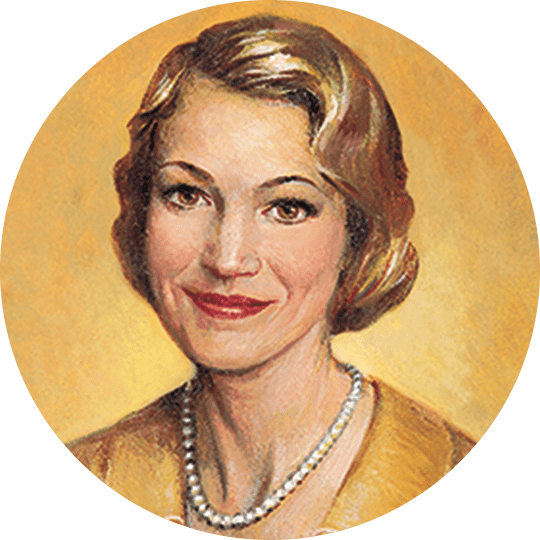
Margaret Kittredge
Kit’s strong and determined mother. When the Kittredges begin hosting boarders, she turns her flowerbeds into vegetable gardens and the lawn into a chicken run!
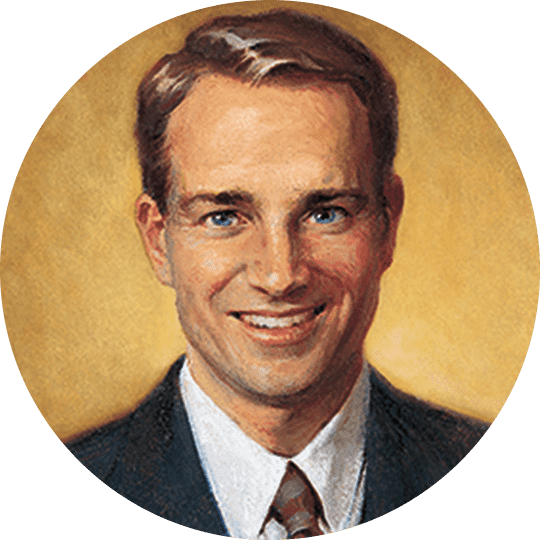
Jack Kittredge
Kit’s father, who loses his job in the Great Depression. He is generous and supportive. When his car business begins to struggle, he pays his employees out of his own savings for as long as he can.
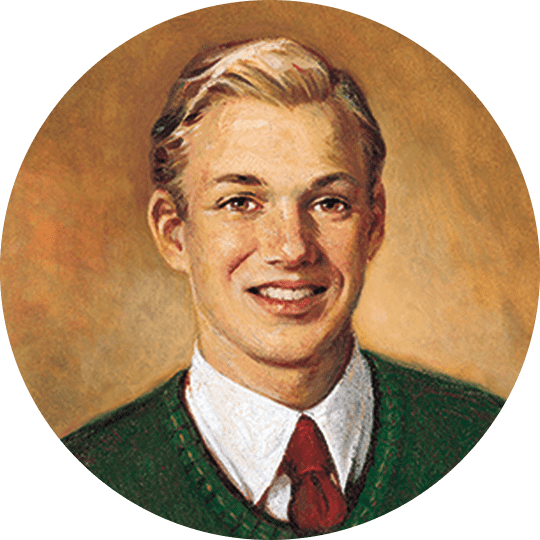
Charles Kittredge
Kit’s kind and supportive brother, who is 16. He goes by Charlie, and his college plans have to change when their dad loses his job. Instead, he takes work with the Civilian Conservation Corps.
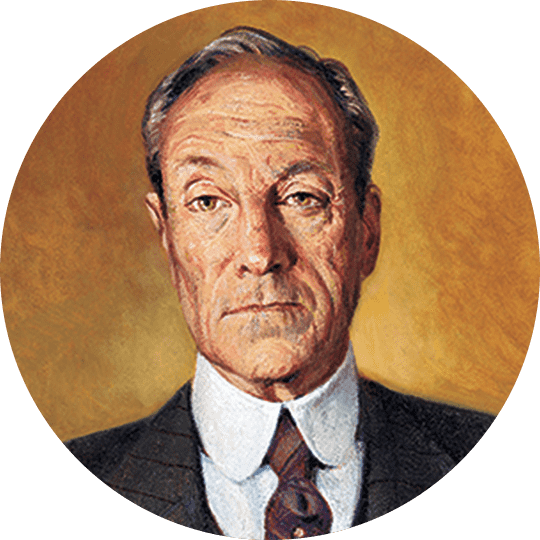
Uncle Hendrick
Mother’s uncle, who is wealthy and disapproving. Kit helps him out to earn some money but disagrees with his belief that people facing hard times don’t deserve help.
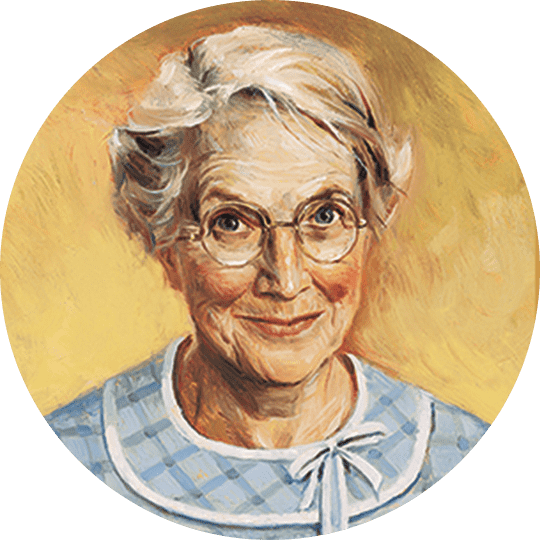
Aunt Millie
Dad’s thrifty aunt, who comes to stay with the Kittredges. She helps the Kittredge family make their money go further, and Kit turns her ideas into a book.
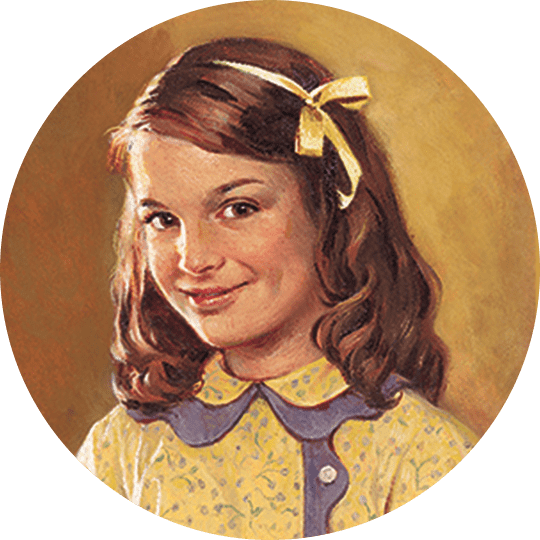
Ruthie Smithens
Kit’s loyal, generous best friend, whose father runs a bank. Ruthie and Kit sometimes struggle to understand the differences between them as the Depression changes their friendship.
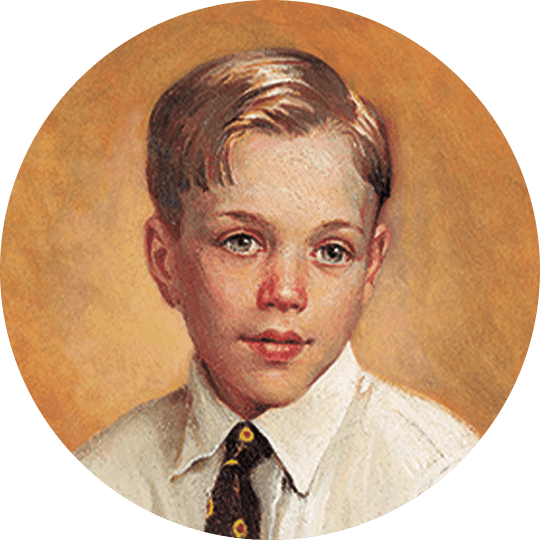
Stirling Howard
Kit’s friend and a boarder in Kit’s house. At first, Kit is disappointed because he’s not an athletic, outdoorsy boy, but they grow closer through their adventures together.
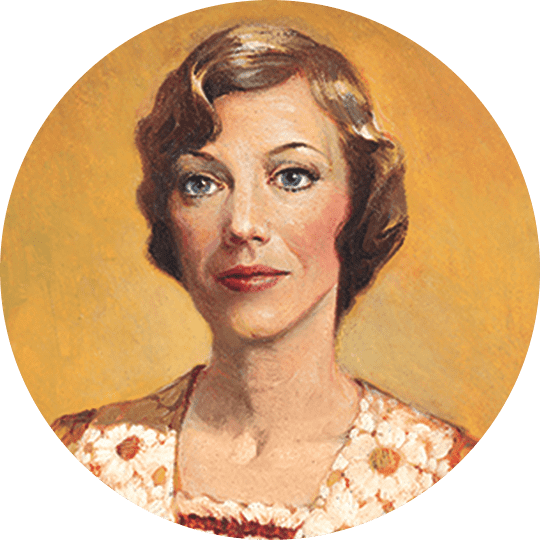
Louise Howard
Stirling’s mother, and a boarder in Kit’s house. Mrs. Howard is very protective of Stirling. She can’t afford to pay rent and wants to help around the house instead of being treated as a guest.
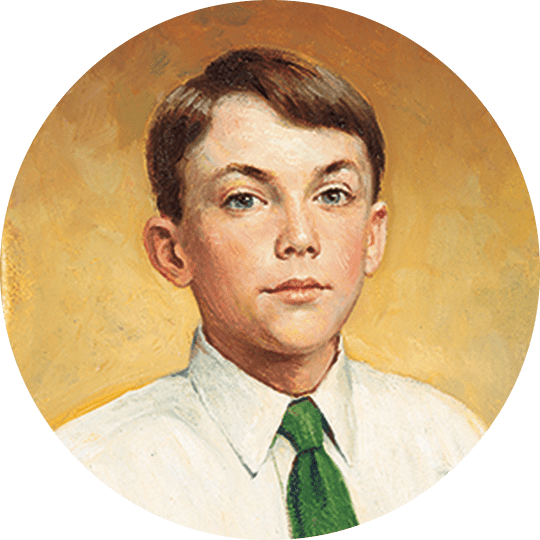
Roger Bentley
A know-it-all boy in Kit’s class. Roger is cruel to Kit about her family’s financial situation, but Kit, Ruthie, and Stirling stick up for the Kittredges.
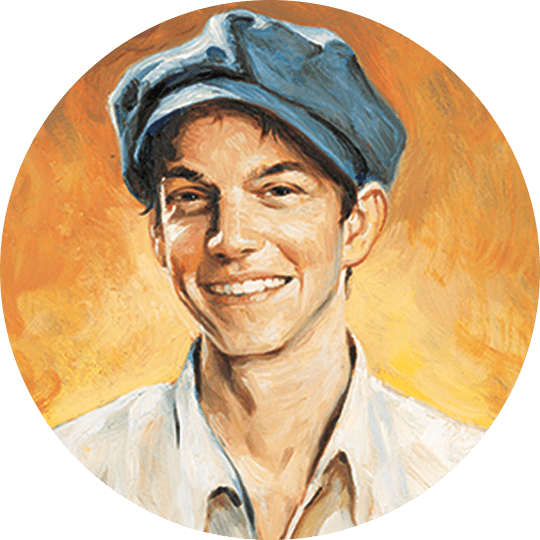
Will Shepherd
A young hobo from Texas, who is befriended by Kit and her family. Kit longs for Will’s life of adventure as he travels the country looking for work.
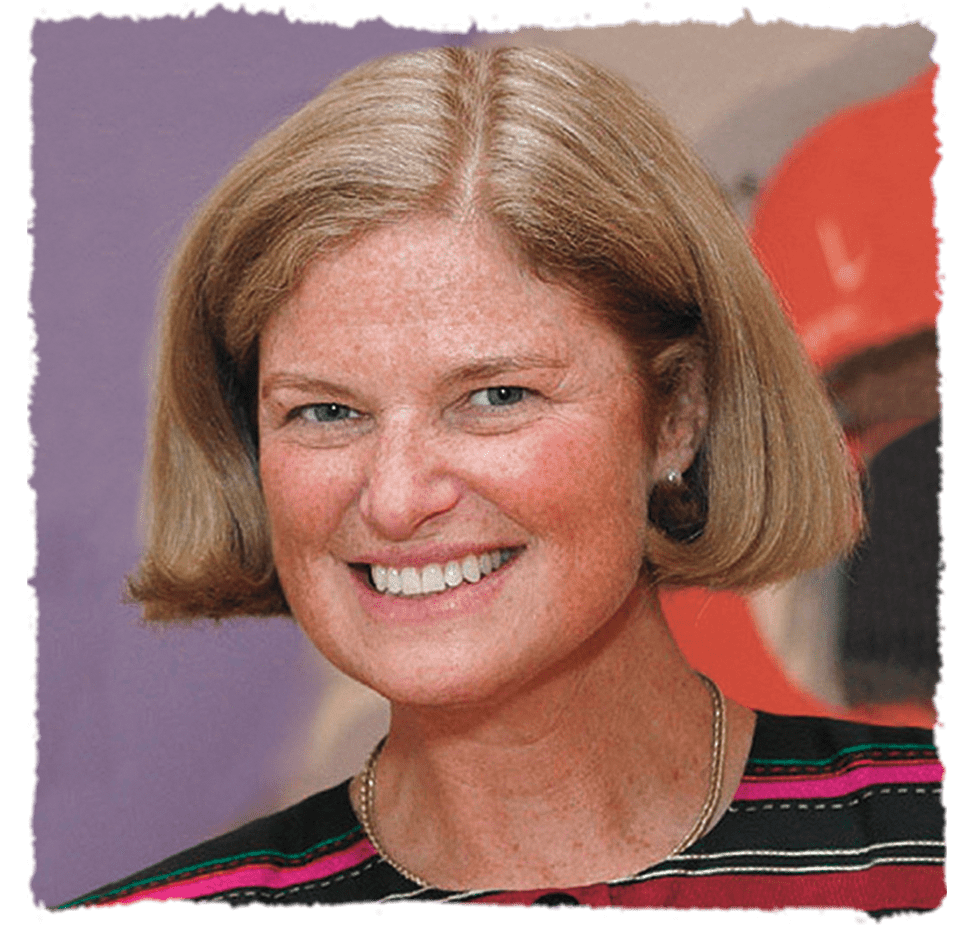
Author Valerie Tripp
Valerie Tripp says that she became a writer because of the kind of person she is. She says she’s curious, and writing requires you to be interested in everything. Some of the details in Kit’s books are based on real things that happened to Ms. Tripp’s mother and grandparents during the Great Depression. Ms. Tripp says talking is her favorite sport, and writing is a way of talking on paper! She’s a daydreamer, which helps her come up with her ideas. And she loves words. She even loves the struggle to come up with just the right words as she writes and rewrites. Ms. Tripp lives in Maryland with her husband.
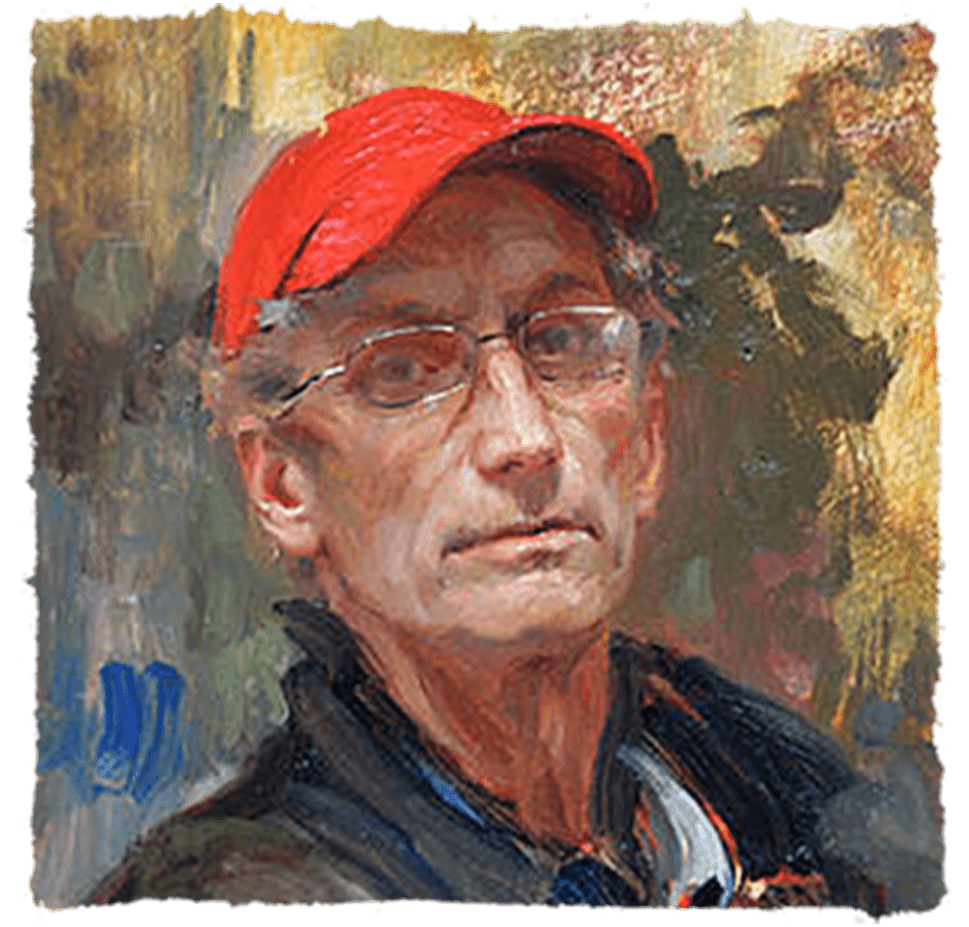
Illustrator Walter Rane
Walter Rane wanted to be an artist ever since he was in kindergarten. At age ten he painted his first oil paintings, using the paints from a paint-by-number kit but ignoring the numbers and lines. He has worked as a book and magazine illustrator and painter for decades. Mr. Rane lives with his wife in New York City.

Kit likes her nickname more than her real name, which is Margaret Mildred. Her nickname comes from a song her father likes that begins, “Pack up your troubles in your old kit bag, and smile, boys, smile!”

Kit creates her own newspaper. She calls it The Hard Times News.

Kit’s best friend is Ruthie Smithens—also known as “goofy Ruthie.” Together, they throw a penny-pincher birthday party for Kit.

Kit’s favorite baseball player is Ernie Lombardi, who plays for the Cincinnati Reds, her favorite team.

Pilot Amelia Earhart, who was the first woman to fly solo across the Atlantic Ocean, is one of Kit’s heroes.

The Great Depression began with a stock market crash on October 29, 1929 and lasted for over a decade.

In the 1930s, the number of women employed rose by 24 percent.

The movie industry boomed in the 1930s with eighty million people going to the movies every week.

The first night game ever played by a professional baseball team was played by the Cincinnati Reds in 1935, and President Roosevelt turned on the lights from the White House.

Eleanor Roosevelt was a very active and involved First Lady, including representing the president when he couldn’t go places due to his disability from having polio.

Along with the Great Depression, there was also a long drought, or dry spell, which caused dust storms across the Midwest.









.png)







